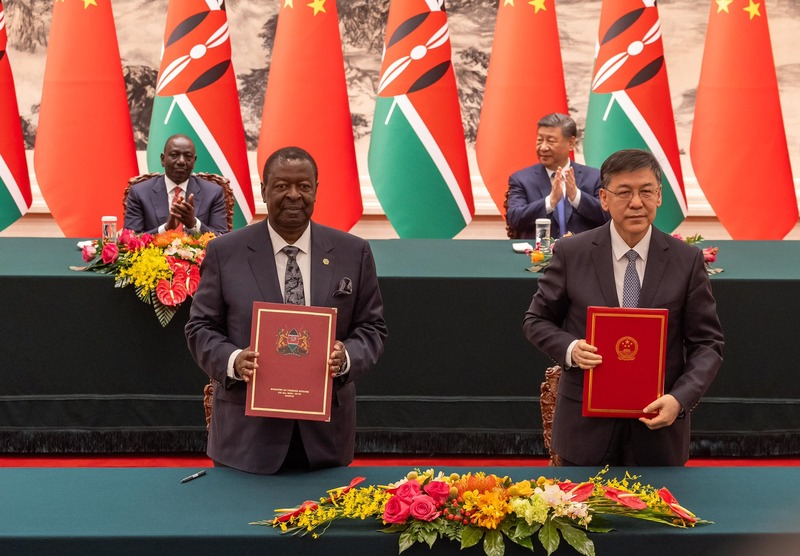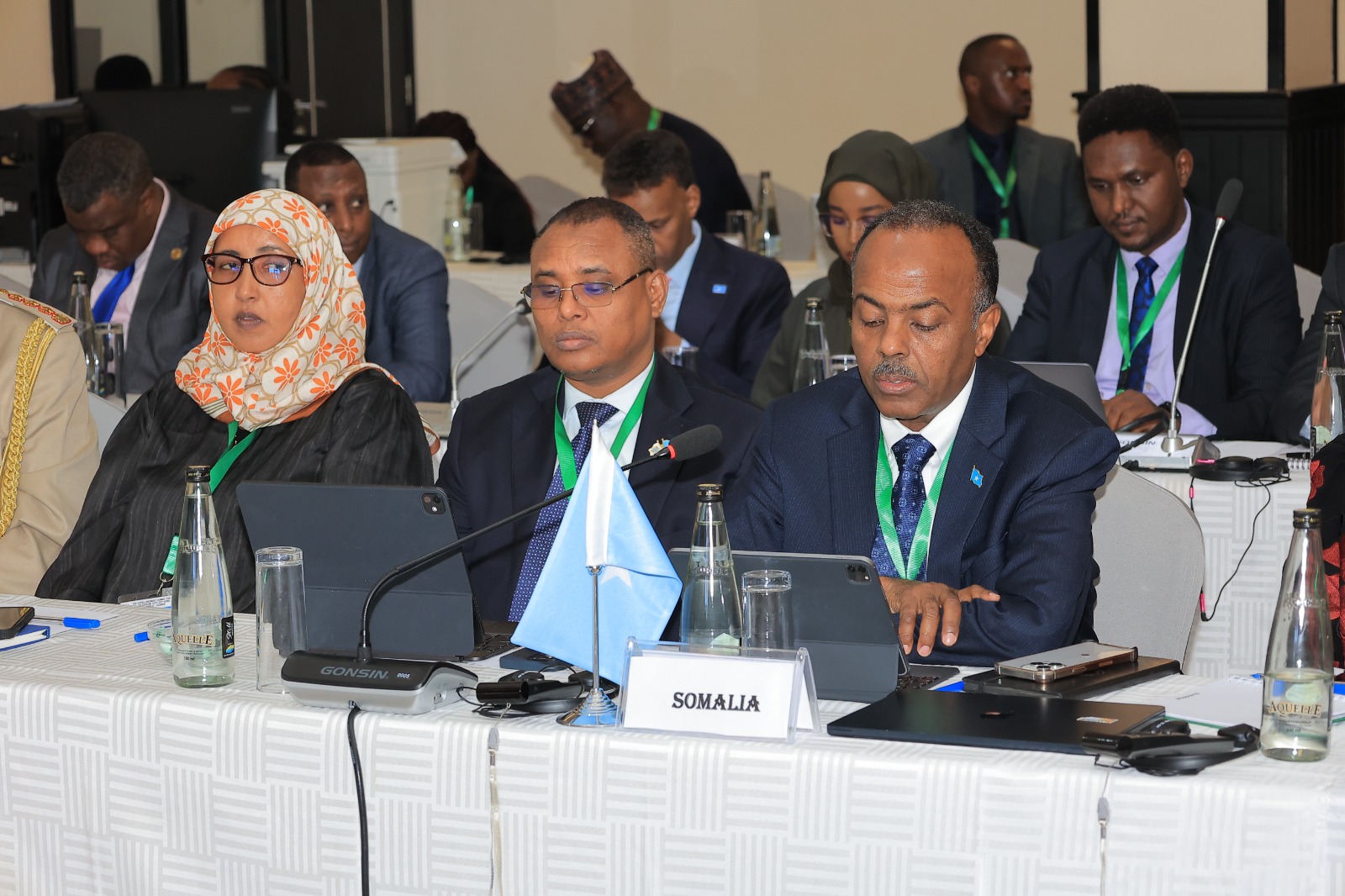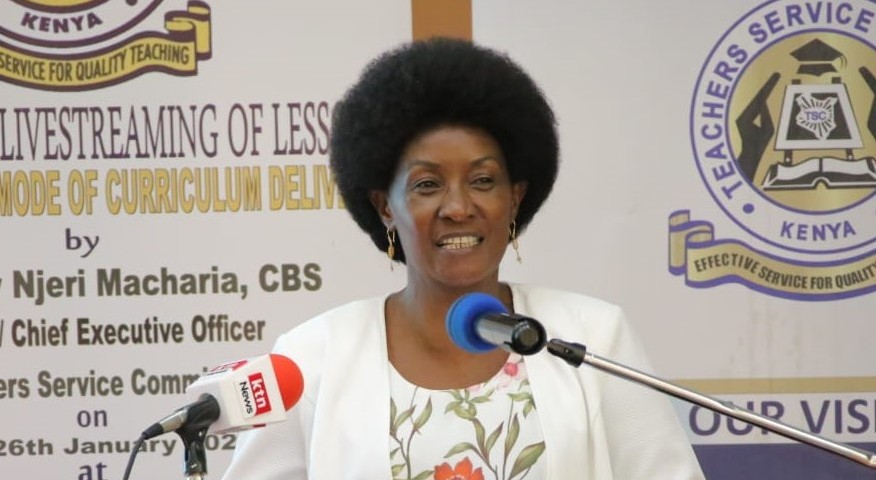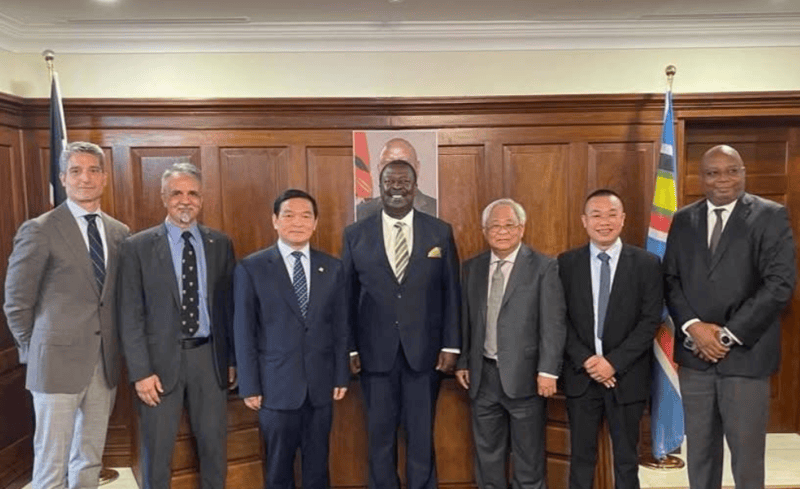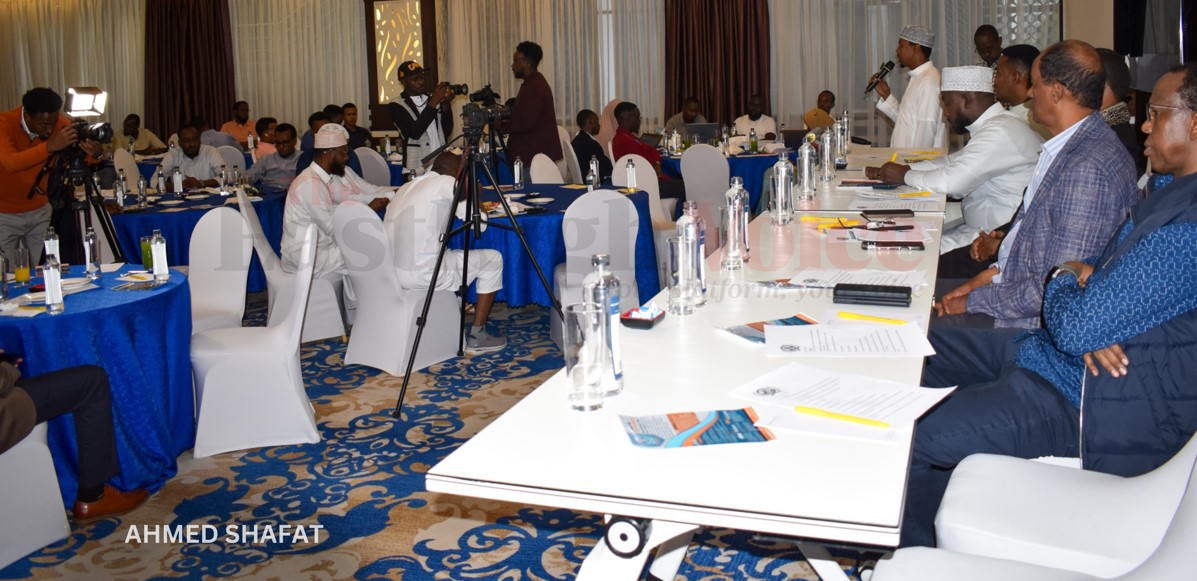Senators accuse government of sabotaging civilian oversight of NIS amid rights abuse concerns
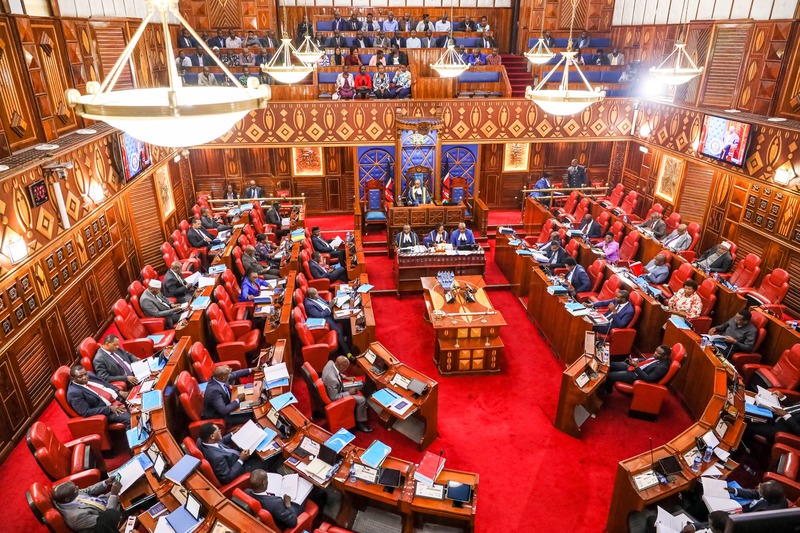
The senators now claim the government is intentionally obstructing the appointment of the board, particularly in light of growing concerns about human rights violations allegedly linked to the agency.
A section of senators has accused the national government of deliberately stalling the establishment of a civilian board mandated to oversee the operations of the National Intelligence Service (NIS), citing rising cases of state-linked abductions and extrajudicial killings.
According to the MPs, the Intelligence Service Complaints Board, created to handle grievances against NIS officers, has remained dormant since its inception in 2012.
More To Read
- Senators blast CS Mbadi for delaying county funds despite commitment, vow to summon him quarterly
- Closure of children’s homes risks worsening child homelessness, Senators say
- Senate probes creation of over 1,100 administrative units across counties
- Senators, governors fight MPs over Sh10.5 billion roads fund
The senators now claim the government is intentionally obstructing the appointment of the board, particularly in light of growing concerns about human rights violations allegedly linked to the agency.
Raising the matter in the Senate, Kirinyaga Senator James Murango blamed the Ministry of Interior and National Administration for frustrating efforts to operationalise the civilian oversight mechanism, despite increased reports of enforced disappearances and extrajudicial executions associated with the NIS.
Senator Murango noted that although the Intelligence Service Complaints Board was established over a decade ago, the government has consistently failed to make it functional, ignoring a 2020 court order that directed its full operationalisation within 180 days.
“The NIS is not above the law and should be held accountable for its actions. If people have complaints, such as abductions, where are they supposed to take them if the board is not in place?” Murango asked.
“Had the board been established, Justin Muturi would have had a proper channel to lodge a complaint after his son was allegedly abducted by the NIS,” he added.
The Intelligence Service Complaints Board is envisioned as a civilian oversight body, akin to the Independent Policing Oversight Authority (IPOA), intended to hold NIS officers accountable for abuse of office and rights violations.
Section 66 of the National Intelligence Service Act, 2012, sets out the board’s composition: a chairperson qualified to serve as a High Court judge, and four members—one nominated by the Kenya National Commission on Human Rights (KNCHR), an advocate with at least seven years’ experience, a retired senior intelligence officer, and an individual with no less than seven years in public service.
Despite these legal provisions, successive governments have failed to establish the board more than twelve years after the Act was passed.
Senator Murango questioned why Interior Cabinet Secretary Kipchumba Murkomen had yet to act on the court’s directive.
“Murkomen must explain why he has failed to appoint members of the Intelligence Service Complaints Board, in clear contravention of the Constitution and Section 66 of the NIS Act, 2012.”
“What are the timelines for constituting the board in compliance with the court’s ruling, the Act of Parliament, and the Constitution?” he added.
In December last year, the Public Service Commission (PSC) re-advertised vacancies for the chairperson and four members of the board—the third such attempt—with an application deadline of December 30, 2024. Four months later, there has been no progress, reinforcing suspicions of deliberate interference in the process.
The PSC had previously issued a similar call with a deadline of December 5, 2023, but the exercise yielded no visible results. Critics now allege that elements within the government are intentionally delaying the process to maintain unchecked control over NIS operations.
The 2020 High Court ruling followed a petition by Katiba Institute, which argued that failure to operationalise the board had denied Kenyans avenues for redress when their rights were violated by intelligence officers.
“The petitioner contended that citizens have limited recourse when their rights are violated by the intelligence service, and that the absence of the board compromises the right to fair administrative action against wrongful acts by the NIS Director-General and its officers.”
During his 2023 vetting before Parliament, NIS Director-General Noordin Haji pledged to lead a more transparent agency. “I will ensure that NIS upholds the Constitution and the rule of law. This board will be an important avenue for handling complaints against officers effectively.”
Kisumu Senator Tom Ojienda also criticised the delay, demanding answers from Murkomen regarding the State’s involvement in the Gen Z protests, which were marred by reports of widespread abductions, disappearances, and killings by security agents.
“Could the minister provide a detailed breakdown of civilian deaths, injuries, property damage and looting during the Gen Z-led demonstrations in June, July, and August 2024?” he asked.
Makueni Senator Dan Maanzo pressed for an update on steps being taken to curb the rise in abductions across the country.
“Is the government conducting investigations to identify those responsible for these abductions, and if so, have any individuals or groups been held accountable?” Maanzo queried.
He also demanded a comprehensive breakdown of reported missing persons, including how many have been found alive, discovered deceased, or remain unaccounted for.
Despite mounting pressure, CS Murkomen failed to appear before the Senate on Wednesday, where he was expected to respond to these queries.
For now, the calls from senators and human rights advocates remain unanswered, as the country continues to grapple with disturbing reports of unchecked surveillance and alleged state-linked human rights abuses.
Top Stories Today



